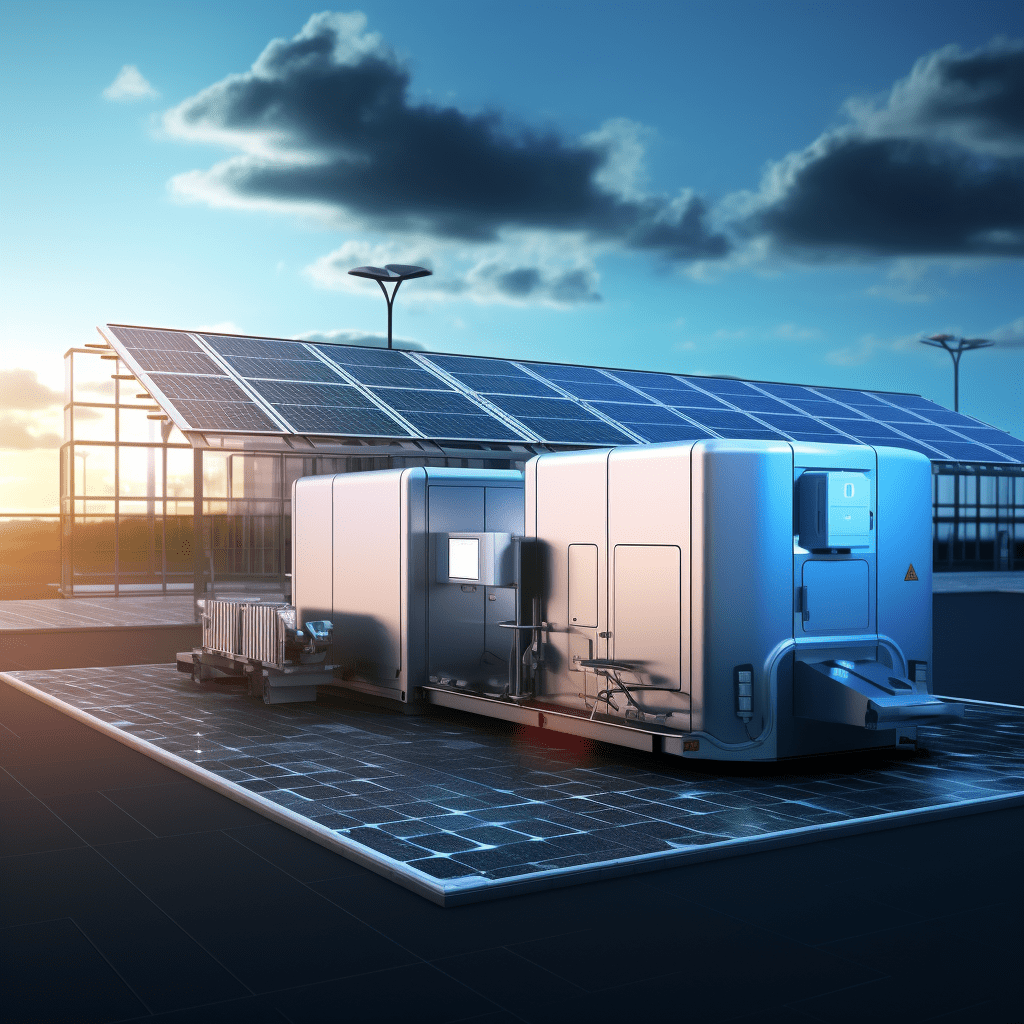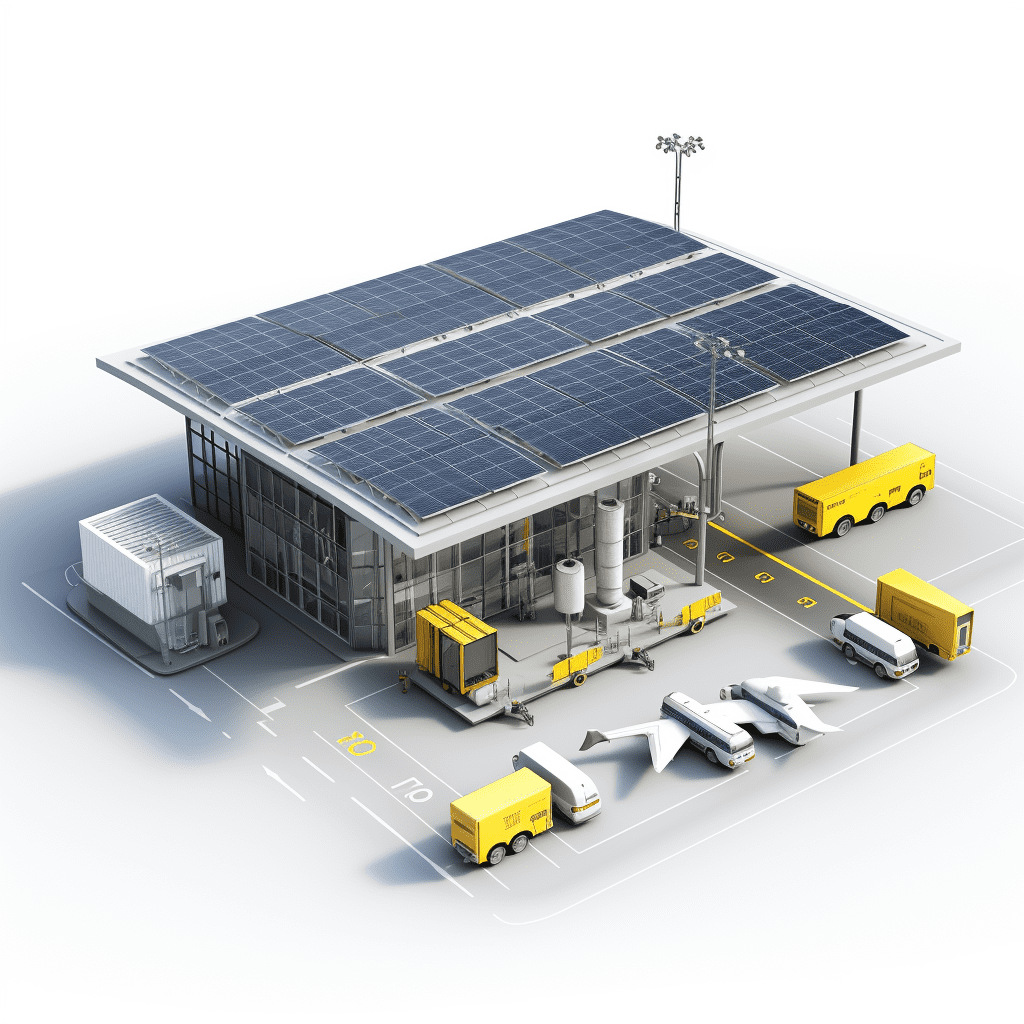To determine how many batteries you need for a 1000-watt solar system, consider factors such as daily energy consumption, battery capacity, and depth of discharge. Generally, you may require multiple batteries to ensure adequate power supply and efficiency in your solar setup.
What Is a 1000-Watt Solar System?
A 1000-watt solar system is designed to generate up to 1000 watts of electricity under optimal conditions. This system typically includes solar panels, an inverter, and batteries for energy storage. The total power output can vary based on factors like sunlight availability and panel orientation.
| Specification | Description |
|---|---|
| Power Output | Up to 1000 watts |
| Components | Solar panels, inverter, batteries |
| Application | Residential or small commercial use |
How Do You Calculate Battery Requirements for a 1000-Watt System?
To calculate the number of batteries required for a 1000-watt solar system, consider the following formula:
For example, if using a 12V battery with an inverter efficiency of 85%, you would need:
If you want to account for a depth of discharge (DoD) of 50%, double this value:
| Calculation | Example |
|---|---|
| Inverter Power | 1000 watts |
| Battery Voltage | 12 volts |
| Inverter Efficiency | 85% |
| Required Capacity | Approximately 196 Ah |
What Types of Batteries Are Suitable for a 1000-Watt Solar System?
For a 1000-watt solar system, suitable battery types include:
- Lead-Acid Batteries: Cost-effective but require maintenance.
- Lithium-Ion Batteries: Higher upfront cost but longer lifespan and lower maintenance.
- Gel Batteries: Sealed and maintenance-free with good performance.
| Battery Type | Advantages | Disadvantages |
|---|---|---|
| Lead-Acid | Lower cost; widely available | Heavier; shorter lifespan; requires maintenance |
| Lithium-Ion | Longer lifespan; lightweight | Higher initial cost |
| Gel | Maintenance-free; safe | Higher cost than flooded lead-acid |
What Factors Influence the Number of Batteries Needed?
Several factors influence how many batteries are needed:
- Daily Energy Consumption: The total watt-hours used daily.
- Sunlight Availability: The amount of sunlight received impacts how much energy can be generated.
- Battery Efficiency: Different battery types have varying efficiencies and depth-of-discharge ratings.
| Factor | Impact |
|---|---|
| Daily Energy Consumption | Determines total capacity needed |
| Sunlight Availability | Affects energy generation |
| Battery Efficiency | Influences how much usable energy is available |
How Does Battery Capacity Affect Your Solar Setup?
Battery capacity, measured in ampere-hours (Ah), directly affects how long your system can run appliances. A higher capacity means more stored energy, allowing for longer usage times before needing a recharge. For example, a 200 Ah battery could theoretically power a 1000-watt load for about two hours.
| Capacity | Runtime Calculation |
|---|---|
| 100 Ah | Approximately 1 hour |
| 200 Ah | Approximately 2 hours |
| 300 Ah | Approximately 3 hours |
Why Is Depth of Discharge Important for Battery Selection?
Depth of discharge (DoD) refers to how much energy can be safely used from a battery without damaging it. For lead-acid batteries, it’s generally recommended to use only up to 50% of their capacity, while lithium-ion batteries can typically handle up to 80%-90% DoD. This affects how many batteries you need based on your energy consumption.
| Type | Recommended DoD |
|---|---|
| Lead-Acid | Up to 50% |
| Lithium-Ion | Up to 80%-90% |
Redway Battery offers high-quality lithium batteries that provide excellent performance and longevity, making them an ideal choice for solar applications.
Buy Wholesale Battery Tips
For businesses looking to purchase batteries suitable for various applications, partnering with a reliable manufacturer is essential.Redway Battery, with over 13 years of experience, is an excellent choice for battery wholesale buyers or OEM orders clients overseas. To place an OEM order from Redway:
- Identify your specific battery requirements.
- Contact Redway’s sales team with your specifications.
- Discuss pricing, minimum order quantities, and lead times.
- Finalize your order details and confirm production timelines.
This process ensures you receive top-notch products tailored to your needs while benefiting from competitive pricing.
Industrial News
Recent advancements in solar technology have highlighted the increasing importance of efficient battery systems in renewable energy setups. Innovations such as improved battery chemistries and smart energy management systems are enhancing the performance and reliability of solar installations. As more consumers adopt solar solutions, understanding battery requirements becomes critical for maximizing energy use.
Redway Expert Views
“Choosing the right number and type of batteries is crucial for optimizing your solar power system,” states an expert at Redway Battery. “With advancements in technology, we can now offer solutions that not only meet power needs but also enhance overall system efficiency.”
Frequently Asked Questions About Batteries for a 1000-Watt Solar System
- How many batteries do I need for a 1000-watt solar system? It depends on the battery capacity; typically around 196 Ah is recommended.
- What types of batteries are best? Lead-acid and lithium-ion batteries are common choices, each with its pros and cons.
- How does daily energy consumption affect battery needs? Higher consumption requires more capacity to ensure adequate power supply.
- What is depth of discharge? It indicates how much energy can be safely used from a battery without causing damage.











